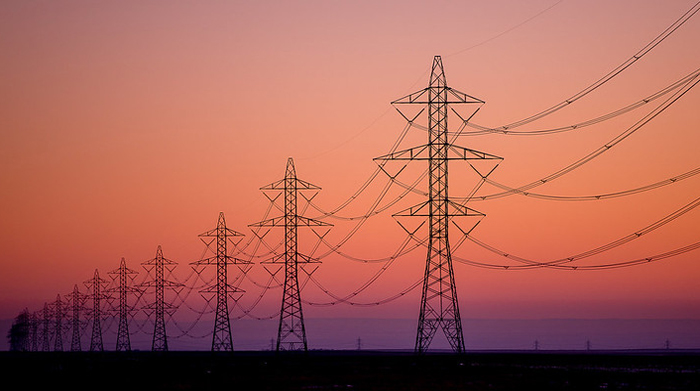Power Plant Delays, Other Issues Could Imperil the PJM Power Grid

Image courtesy of Scott Butner under Attribution-NonCommercial-NoDerivs 2.0 Generic License, resized to 700 x 391 pixels.
A new report claims that power plant delays stemming from questionable government policy choices could result in electricity shortages within the 13-state PJM power grid by 2030. The report, issued by an organization called Pittsburgh Works Together, warns that PJM, which distributes electricity to 65 million customers, is “in peril.” Ouch.
The Headwinds Facing the PJM Power Grid
There are several factors that the report claims are putting the PJM grid at risk. One key factor is the projected increase in demand and electricity use going forward. Between increasing AI electricity consumption, data centers, EV charging infrastructure, and the general movement toward electrification, the world’s insatiable demand for electricity is destined to continually increase over time.
In fact, a June report from PJM said that by 2040, up to an additional 800-terawatt hours of annual electricity will be needed to close the demand gap. While some methods exist that can help offset some of this increased demand, there is little reason to expect that it will not continue to grow as time goes on.
The second key factor is the red tape associated with building new power infrastructure. The report highlights the many roadblocks to building more generation and transmission lines, the result of which is that the capacity lost from coal plant retirements is not being replaced fast enough. And making matters worse is that many coal plants are retiring early due to new EPA regulations that would require them to upgrade their equipment or shut down by 2032.
Between local zoning issues, government regulations, approval delays and cost inflation, we have a ticking time bomb situation. And, according to the report, there are no clear lines of authority or accountability, and the many moving parts makes it challenging for all parties to remain aligned.
From an emergency preparedness standpoint, this spells trouble. Something has got to give. If not, the PJM power grid will not be the only system negatively impacted.



